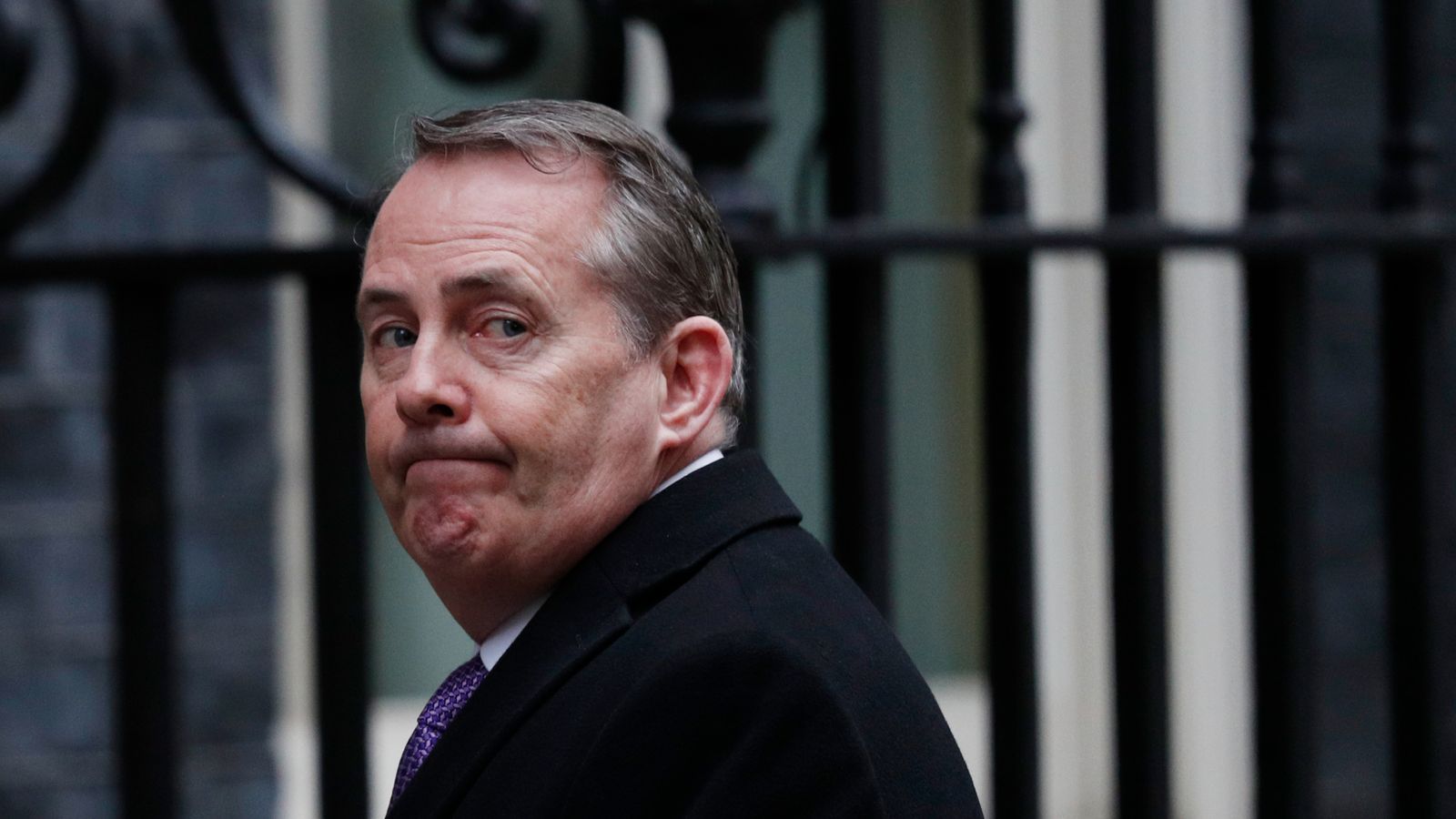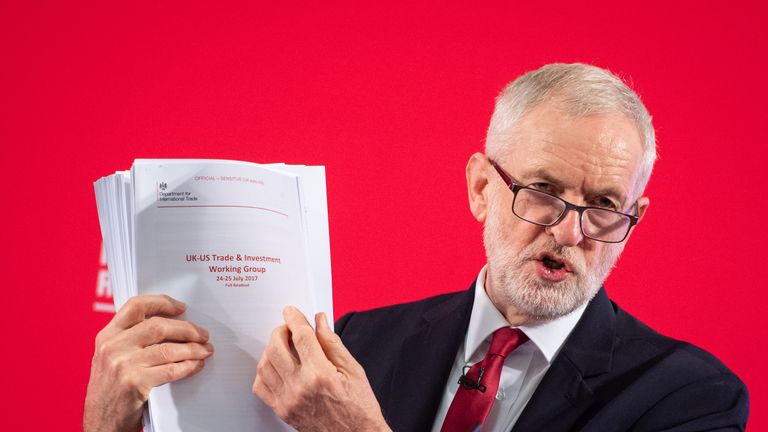Russian hackers stole secret trade deal papers from the email account of former cabinet minister Liam Fox, according to Reuters.
The news agency said Mr Fox’s account was broken into multiple times between 12 July and 2 October 2019 – in the run up to last year’s general election.
It said a “spear phishing” message was used, which tricks the target into handing over their password and login details.
Quoting unnamed sources, Reuters reported officials did not say which group was responsible but did insist the attack “bore the hallmarks of a state-backed operation”.
The agency added it was unclear which of Mr Fox’s email accounts was breached, and if the key briefings were stolen before he stood down as international trade secretary on 24 July.
Just weeks ago the UK government announced it had found Russian groups were responsible for promoting the leaked documents and that a criminal investigation had been opened.
The papers were posted online by an anonymous internet user ahead of December’s election – but became a major debating point when they were later publicised by then-Labour leader Jeremy Corbyn.
He claimed they showed evidence the NHS would be “on the table” in talks on a post-Brexit trade deal with Donald Trump.
A Cabinet office spokesperson said on Monday: “There is an ongoing criminal investigation into how the documents were acquired, and it would be inappropriate to comment further at this point.
“But as you would expect, the Government has very robust systems in place to protect the IT systems of officials and staff.”
And a National Centre for Cyber Security spokesperson said it “works closely with political parties, local authorities and MPs, who are offered access to the best cyber security guidance and support” but would not comment further.
A major long-awaited report by parliament’s Intelligence and Security Committee found in July concerns Moscow tried to meddle in the 2014 Scottish independence referendum were “credible”, marking “the first post-Soviet Russian interference in a Western democratic process”.
The Kremlin has repeatedly denied allegations of election meddling in the UK, US, France and other countries in the past.
Russia’s foreign ministry described accusations last month by the UK, US and Canada that cyber spies based in the country tried to steal research into coronavirus vaccines and treatments as “foggy and contradictory”.


